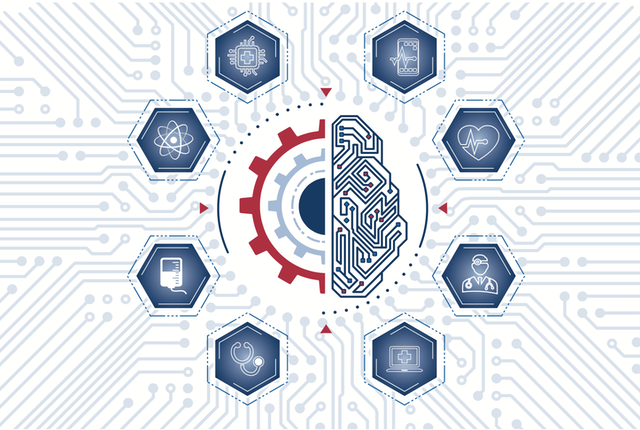
How Artificial Intelligence In ICT4D Projects Can Improve Lives
Artificial intelligence (AI) can be used in ICT4D projects to improve people’s lives in developing countries by providing access to information, opportunities, and services, and by promoting innovation and efficiency in various sectors. Some examples include:
- Healthcare: AI can be used to improve the diagnosis and treatment of diseases, through the use of machine learning algorithms to analyze medical data and identify patterns. It can also be used to support telemedicine and remote healthcare services, allowing for the delivery of care to people in remote or underserved areas.
- Education: AI can be used to personalize learning and adapt to the needs of individual learners, through the use of adaptive learning algorithms and other technologies. It can also be used to analyze data on learning outcomes and identify areas for improvement.
- Agriculture: AI can be used to improve the efficiency and productivity of agriculture, through the use of precision agriculture technologies such as remote sensing and GPS-based farming tools. It can also be used to analyze data on crop yields and identify patterns that can inform decision-making.
- Financial inclusion: AI can be used to expand access to financial services, through the use of mobile banking and other digital financial technologies. It can also be used to analyze data on financial behavior and identify patterns that can inform the design of financial products and services.
What Is AI4Good? Harnessing Artificial Intelligence for Social Impact
Artificial intelligence (AI) has emerged as one of the most transformative technologies of the 21st century, impacting various sectors from healthcare to finance....
How USAID is Using Digital Solutions to Combat Malaria in LMICs
Malaria is a deadly disease transmitted by mosquitoes. It remains a formidable public health challenge worldwide. For decades, malaria control efforts have focused...
How US State Department Uses AI Strategically in Modern Diplomacy
Artificial intelligence is a powerful tool in diplomatic circles, promising to reshape how the U.S. Department of State approaches global challenges.
In a recent...
6 Principles for Gender Equitable Artificial Intelligence Solutions
Artificial intelligence and machine learning based solutions hold a promise of becoming a transformative force in multiple facets of humanitarian and development...
Apply Now: $1.4 Million in Climate Change Artificial Intelligence Innovation Grants
Artificial intelligence (AI) and machine learning (ML) can help support climate change mitigation and adaptation, as well as climate science, across many different...
How Evil is Big Tech with Corporate Capture of Artificial Intelligence Solutions?
The current involvement of the private sector in the technopolitics of development, and specifically Big Tech, differs substantially from the role that it took...
How to Include Marginalized Language Speakers in Development Programs
There are more than 7,000 human languages, yet only those few used by the world’s economically and politically powerful nations have a strong online presence...
5 Generative AI Grant Writing Tools for Your Fundraising Proposals
Using artificial intelligence for fundraising… yup, there’s a bot for that! Savvy software developers are building AI fundraising tools faster than donation...
7 Political Economy Aspects of Artificial Intelligence in African Countries
“Political economy” has two senses. It can refer to a particular political economy of a country, industry or technology. It also refers to the kind of analysis...
18 Real-World Uses of Artificial Intelligence in International Development Today
I created a short presentation showcasing 18 different ways international development organizations are using artificial intelligence to improve outcomes in...











